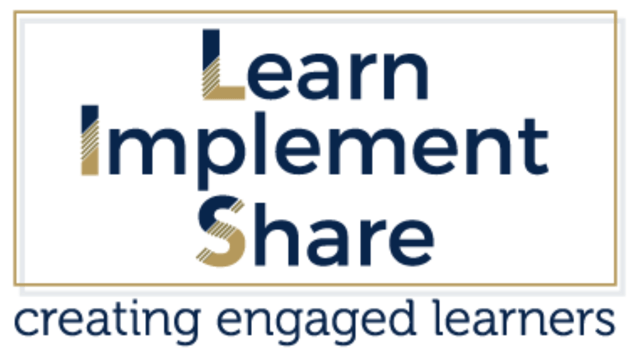Your Memory Game, Rote Learning, Compartmentalising & U-1/P-2-related Comment
Note: This page is also used in a different, related PD.
The basic ideas here are that for most mathematics, we need students to understand the concepts underpinning the procedures they are learning. Otherwise school maths becomes a 'game of memory' to all except the top '20 %' of students.
What are your thoughts on this? What does your experience tell you? (And yes, it can be argued that SOME mathematics requires SOME rote learning. However, here we are referring to the vast bulk of mathematical learning.
Some past comments ...
|
Waris Huang - Understanding first
While learning this module, I kept thinking about my current teaching approach and I feel confident and glad that I am trying my best to help students understand concepts first. Even though sometimes it's time consuming and it takes consistent efforts to remind them of the understanding of concepts. For example, when to teach year6 student rounding skills, I always refer back to number lines to show them why the number is rounded this way and then ask them to produce/repeat the rounding rules. I have to say that for many students, just focusing on procedures could seem easier and more efficient when doing certain practice, but it's always good to challenge them by asking why. I sometimes ask them to teach others, it's a good way to help them self assess and explore deeper understanding. I'm looking forward to learning more about how to implement this approach. Richard Waris, stick with it. You will find that over time the Understanding-first approach will become more time-efficient than the traditional. (It's true!) ... or at least AS time efficient! |
David Slade - Procedural: Like cheating on a computer game
Thinking about the procedural approach - over the last few years, as my mentality has changed, I seek more than procedure and tricks for my students. Without a doubt, procedural teaching can get results, especially with students from lower-performance groups, but it almost feels like playing a computer game on cheat-mode; the satisfaction is not there. Perhaps it is selfish of me, but my teaching longs for those moments when a pupil gets it and it suddenly all clicks. Following a process, you'll never get that - with understanding first, you will and it's a truly magic moment. Richard That is not selfish David. What you are expressing here is that you want students to have agency. If you can foster agency in your students (ie use U-1, P-2) then you will gain more agency. And then you affect students more and feel more empowered ... have more impact. It all starts with Agency. |



